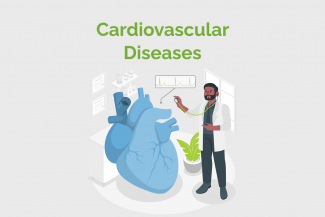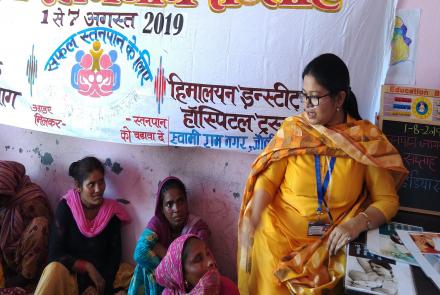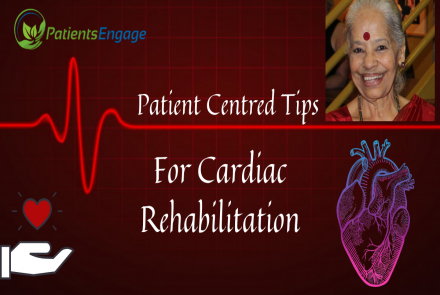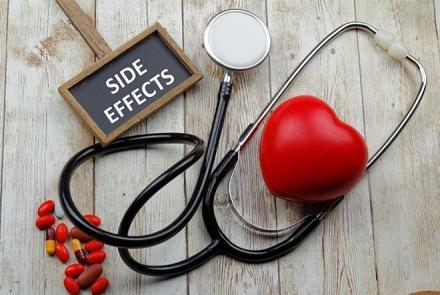
The following are the typical symptoms:
Anxiety: An impending heart attack may be preceded by feelings of anxiety.
Angina or chest pain: Heart-related chest pain is often centred under the left breast bone. The pain has been described as “an elephant sitting on the chest”. It can also present as an uncomfortable sensation of pressure, squeezing or fullness, or burning sensation in the chest.
Cough: Persistent coughing or wheezing as a result of fluid accumulation in the lungs.
Dizziness: Light-headedness and loss of consciousness
Fatigue: A feeling of constant tiredness, seen especially among women
Nausea or lack of appetite: Abdominal swelling associated with heart disease can interfere with appetite
Pain in other parts of the body: Pain begins in the chest and spreads to shoulders, arms, elbow, back, neck, jaw and abdomen
Rapid or irregular pulse: Rapid or irregular pulse when accompanied by weakness, dizziness or shortness of breath can be evidence of heart disease.
Shortness of breath
Sweating: Breaking out in a cold sweat
Swelling: Heart disease can cause fluid to accumulate in the body. This can cause swelling in the feet, ankles, legs, abdomen and sudden weight gain.
Weakness: Severe unexplained weakness, especially in women.













